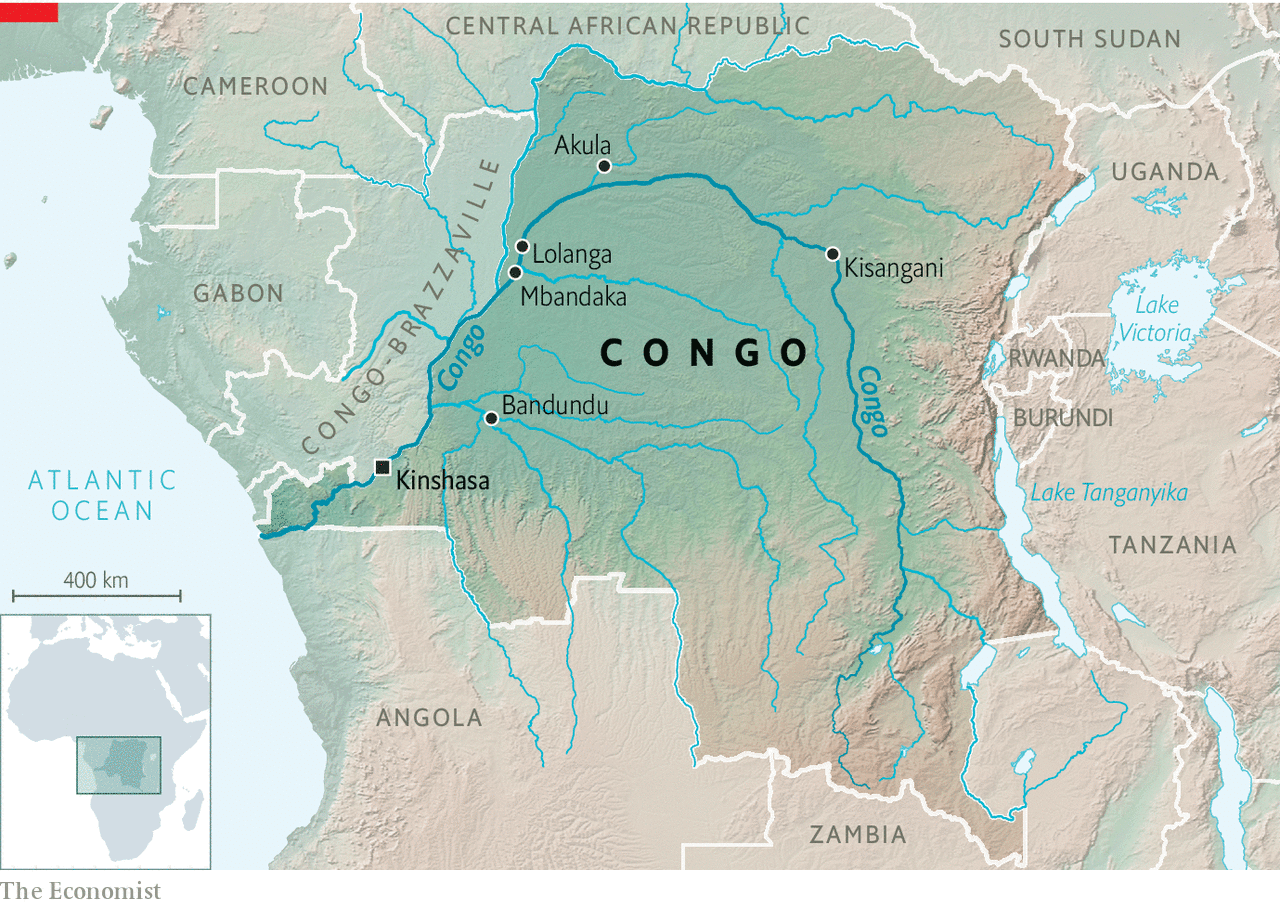The COVID-19 pandemic has put the spotlight on vaccines and their effectiveness which has sparked much debate. The history of vaccines is wide ranging and has roots in indigenous African medicinal knowledge. In the 1700s, enslaved Africans taught their technique for protecting themselves against smallpox to European settlers in America.
In 1706, an enslaved West African man was purchased for the prominent Puritan minister Cotton Mather by his congregation. Mather gave him the name Onesimus, after an enslaved man in the Bible whose name meant “useful.” Mather, who had been a powerful figure in the Salem Witch Trials in Boston, believed that owners of enslaved people had a duty to convert enslaved people to Christianity and educate them.
At the time, Boston, an early centre of slave trade, was experiencing a deadly outbreak of smallpox which threatened many lives. Mather asked Onesimus if he’d been previously infected with smallpox, as slaves were worth more if they had previous exposure to the virus. Mather wrote that Onesimus replied, “Yes and no”. Onesimus elaborated, saying that he’d been deliberately exposed to smallpox back in his home in Africa. Mather wrote that he had undergone an operation which had given him something of the smallpox and would forever preserve him from it. He described the operation to me and showed me in his arm the scar which it had left upon him.
Years later, Mather heard about a similar practice in Turkey and Central Asia in which practitioners rubbed pus from an infected person into an open wound on the arm of a healthy patient. This was done in a controlled manner and under the supervision of a physician so the symptoms would be milder but still confer immunity. Once the infected material was introduced into the body, the person who underwent the procedure was inoculated against smallpox. It wasn’t a vaccination, which involved exposure to a less dangerous virus to provoke immunity, but it activated the recipient’s immune response and protected against the disease most of the time.
In 1716, Mather became more fascinated and surveyed the Africans in Boston, who told him all their inoculation stories. Around the same time, Onesimus purchased his freedom and disappeared from the records.
Three years later, Boston was hit by a horrific smallpox epidemic which prompted Mather to write an “Address to the Physicians of Boston”. The pamphlet urged them to try the inoculation technique introduced by Onesimus. Most of the simple-minded colonists could not fathom taking medical advice from an African and vehemently regretted the idea. Only one doctor took it seriously, Boston physician, Zabdiel Boylston. He tried inoculating his 6-year-old son, his slave, and his slave’s son. None suffered more than a brief, mild illness.
Then, Boylston began inoculating other Bostonians. Of the 242 people he inoculated, only six died. The smallpox epidemic wiped out 844 people in Boston, over 14 percent of the population. Two decades later, Edward Jenner invented the smallpox vaccine, a similar but safer inoculation technique using cowpox. Smallpox remains the only infectious disease humans have successfully eradicated from the Earth.
Onesimus married and had at least one child, a son who died young, but little else is known about him. The knowledge Onesimus passed on to Mather helped set the stage for vaccination. It is another example of how Africans shaped the world in meaningful ways and how traditional African medical practices have just as much merit as Western science.









